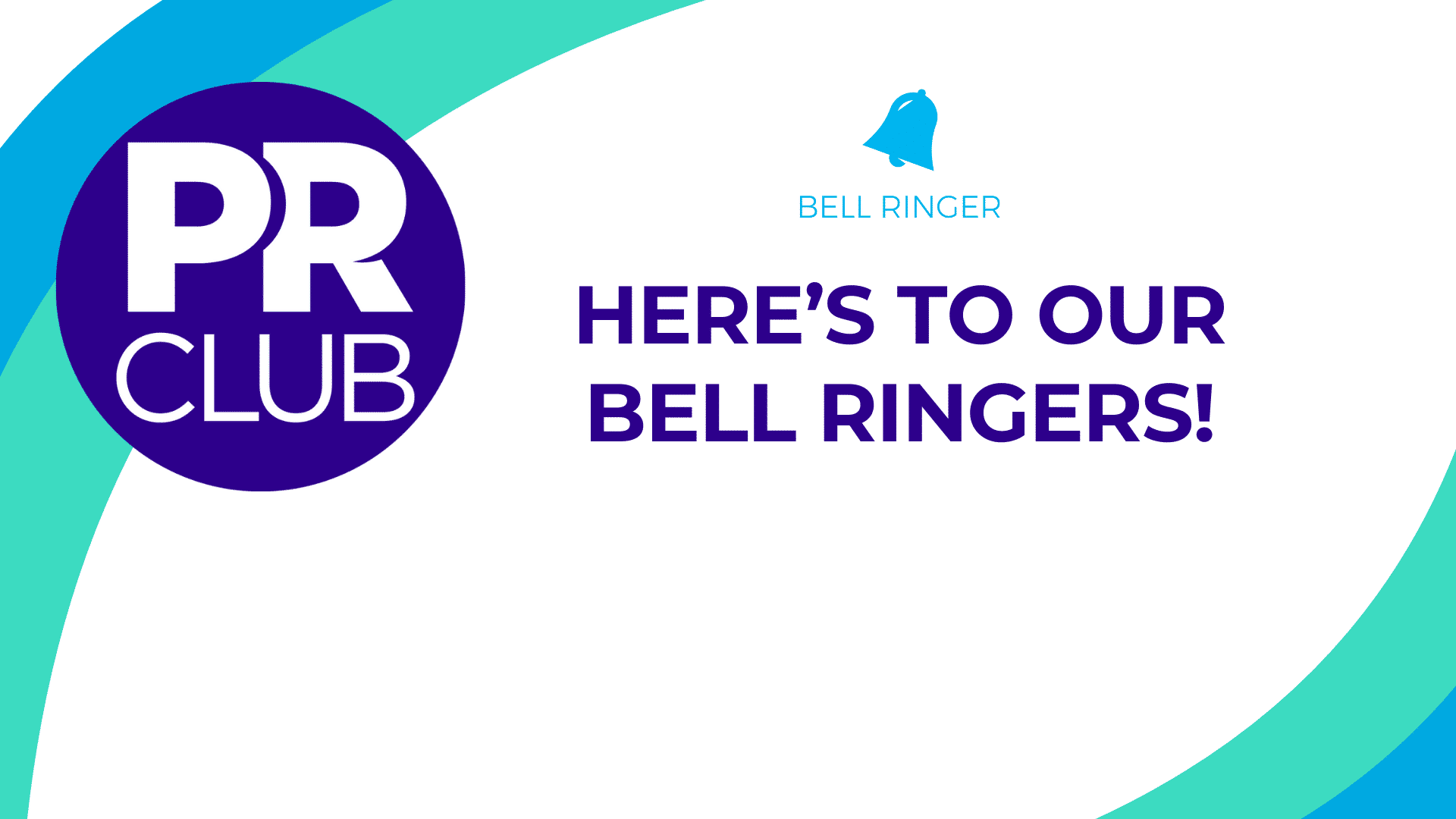Whether you’re building your career at an agency or in-house, you’ve likely wondered what you can be doing now to set yourself up for future career success – especially in a competitive, growing and ever changing industry.
On April 17, the PR Club hosted a panel discussion with several industry leaders to provide some insights for young communicators. Moderated by Melissa Perroni, Director of Employee Engagement at 360PR+, the panel comprised of a range of long-time industry professionals with a variety of experience:
- Brian Alberti, Corporate Public Relations Manager, (ISC)2
- Dorree Gurdak, PR/Marketing Consultant, 25+ year PR agency veteran
- Kate Hassett, Account Supervisor, Racepoint Global
Topics touched upon everything from the skills needed to stand out from the crowd, going above and beyond (without burning out), and how to broach a conversation about a promotion with your manager(s) The biggest takeaways included:
- Get comfortable with the uncomfortable – The more you move up in your career, no matter what role you are in, you will increasingly get put into situations where you might not feel like you know what you’re doing – and that’s OK. Don’t be afraid to ask questions to help you get from point A to B and become a student again by reading and absorbing as much as you can. It’s OK to fail but try your best to fail quickly and learn swiftly!
- Be a problem solver – Working in PR sometimes can feel like being a firefighter, with constant fire drills and issues popping up. At any position, someone who is level-headed and thinks in terms of solutions will be extremely valuable on a team – and the quicker you are able to problem solve and think of solutions, the more you will become the “go-to” and indispensable.
- Being proactive doesn’t mean doing everything – Proactiveness is a term that we all hear a lot in an industry commonly known for multi-tasking and juggling. But it often can get misconstrued with volunteering and saying “yes” to everything. Putting in the extra work will pay off, but don’t overload yourself with so much work that quality decreases and deadlines are missed.
- Be a chameleon – One of the most important skills to master in your career is the ability to work with any type of manager. There is no “right” or “wrong” manager, but everyone has different management styles and preferences. You want to be someone that everyone says “he/she is great to work with,” so work to figure out each person’s management style and adjust how you work and communicate with them to collaborate most effectively.
- Don’t be afraid to push back – High performers also tend to get overloaded, and managers don’t always realize all the work you may have on your plate. Managers appreciate getting a heads up on where tasks stand and will help reprioritize (or reassign) if needed. You might be surprised to find out how understanding your manager will be once you initiate an honest conversation.
- Treat your teammates as humans – It’s a common fact that people want to work harder for people they like and respect, so it’s critical to make connections with everyone you work with. Don’t check your personality at the door! Then, once you are in the situation where you need to motivate and give feedback, you have those connections to fall back on during a tougher time. Also, use the opportunity to learn from people you like working with – when they gave you feedback, what resonated with you and how can you replicate that?
- Be your own advocate – Managers won’t always remember every single great thing you’ve done, and it’s rare to get a promotion outside of a yearly review, so it’s important to be able to promote yourself and tell your own “brand story,” i.e. what makes you a unique and irreplaceable asset to this team. Even if you aren’t quite ready for that promotion, managers always respect people who can (and will) advocate for themselves proactively.
Bottom line? It’s important that you take control of your career; don’t wait on others to do it for you.
Looking for more insights? Check out the PR Club blog or attend one of our upcoming educational programs.




